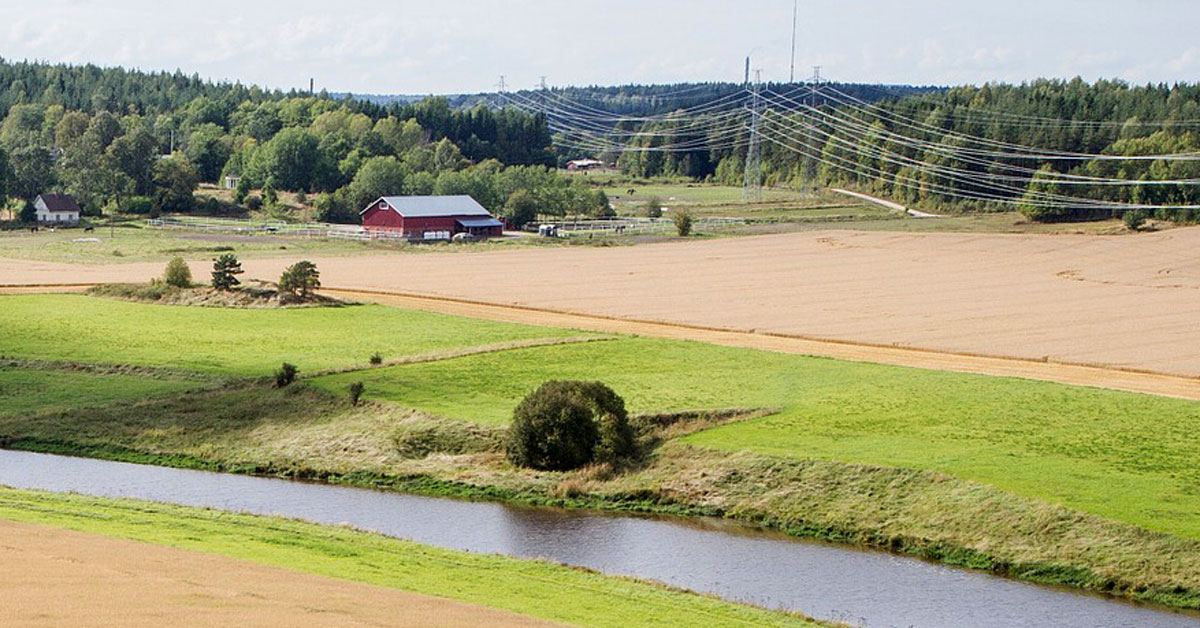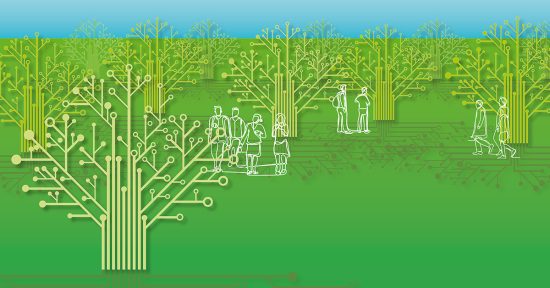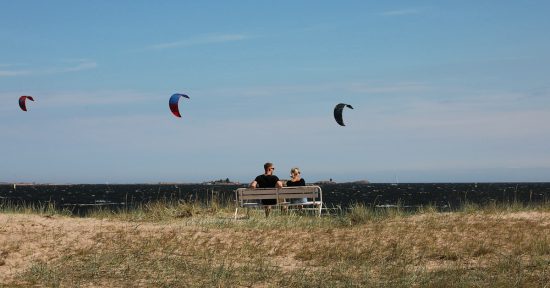After the project, we will know more about the role third sector organisations play as mediators of digital know-how and the knowledge economy in rural areas. You can read about NGOs Imparting Knowledge Economy in Rural Areas in details on the project website.
The aim of this project is to investigate and develop rural area NGOs as promoters of the digital capabilities of individuals. By autumn 2022, the role of organisations in maintaining the added value of digitalisation and the knowledge economy in rural areas is clarified. In researching the digitalisation role of NGOs, we will work closely with regional and local organisations, such as existing regional forums for third sector organisations. Funding is provided by the Finnish Rural Development Council (MANE) 2021 project call.
The importance of NGOs as builders of a digital society is easy to perceive. According to the Finnish Register of Associations, there are about 100,000 NGOs in Finland, and their activities exert an impact, regardless of location. The community-based importance and activating role of the third sector are emphasised everywhere. In the provision of services, NGOs are likely to play a more important role in areas with fewer services or less competition for their provision.
NGOs as builders of the digital society
Like businesses and public organisations, digital change is pervasive for NGOs as a whole. Third sector activities are linked to social innovations aimed at improving citizens’ opportunities for action and influence in society.
In principle, NGOs can be builders of the digital society and impart of knowledge economy skills. Based on TIEKEs annual NGO Digital Survey of 2020, good conditions already exist for this, but lack of expertise and resources slows down progress. A survey by the Finnish Digital and Population Information Agency verifies the same need for support, and the agency is already co-ordinating the development of digital support for citizens, companies and communities nationwide. Support is also provided by many other actors, but a large proportion only support their own activities. In this case, the wider indirect impact is left to conjecture.
Regions, on the other hand, are better able to make use of organisational co-operation to identify local signals of new, prosperous and future-creating innovations and investment needs. In addition, the project has found new operating models to support digital support activities and the digital and information economy work of organisations as well as identified training and support needs.
NGOs Imparting Knowledge Economy in Rural Areas is a project by TIEKE, the University of Turku Brahea Center, and regional NGO Kainuun Nuotta in northeastern Finland.
Funding is provided by the Rural Development unit of Finnish Ministry of Agriculture and Forestry.
The project’s progress can be followed on its own project page.









